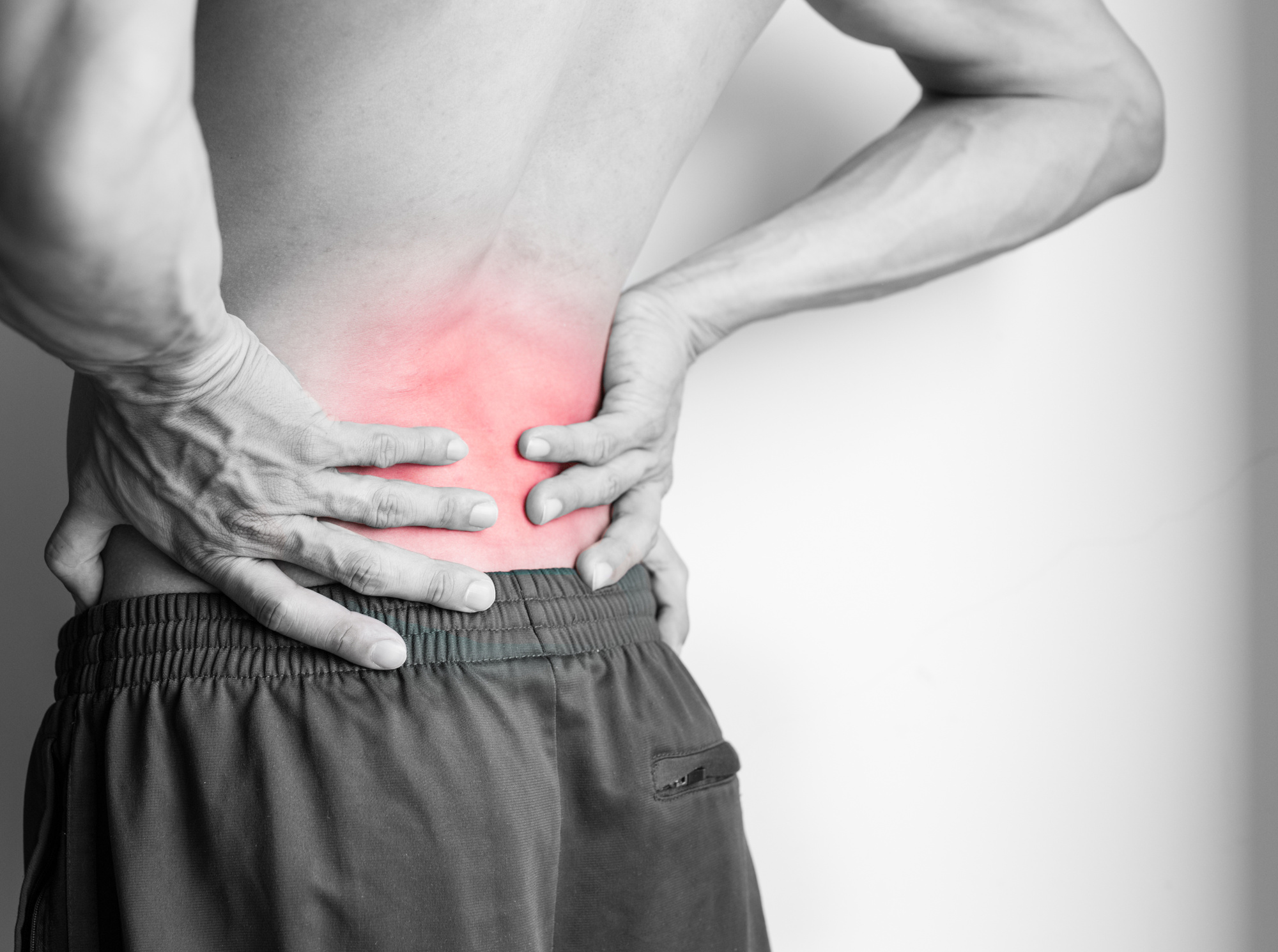Lower Back Pain: Causes, Symptoms, and Treatment

Causes of Lower Back Pain
Muscle or Ligament Strain
A muscle or ligament strain is the most common cause of lower back pain. This can occur due to lifting heavy objects, sudden movements, or overuse of muscles. The strain can cause inflammation and pain in the lower back.
Bulging or Ruptured Disc
The spinal discs act as cushions between the vertebrae in the spine. When these discs bulge or rupture, they can press on the nerves in the spine, causing lower back pain.
Arthritis
Arthritis is a condition that causes inflammation in the joints. When it affects the joints in the lower back, it can cause pain and stiffness.
Osteoporosis
Osteoporosis is a condition that causes the bones to become weak and brittle. When it affects the vertebrae in the lower back, it can cause compression fractures and pain.
Symptoms of Lower Back Pain
The symptoms of lower back pain can vary depending on the cause and severity of the condition. Some common symptoms include:
- Pain that is dull or sharp
- Pain that radiates down the leg
- Stiffness in the lower back
- Difficulty standing up straight
- Numbness or tingling in the legs
Treatment Options for Lower Back Pain
Rest and Ice
Resting and applying ice to the affected area can help reduce inflammation and pain.
Physical Therapy
Physical therapy can help strengthen the muscles in the lower back and improve flexibility.
Medications
Over-the-counter pain medications such as ibuprofen and acetaminophen can help relieve pain and inflammation. In severe cases, prescription medications may be necessary.
Surgery
In rare cases, surgery may be necessary to correct the underlying issue causing the lower back pain.
Pros and Cons of Common Treatment Options
| Treatment Option | Pros | Cons |
|---|---|---|
| Rest and Ice | Easy to do at home, can reduce inflammation and pain | May not be effective for severe cases, can be time-consuming |
| Physical Therapy | Can improve strength and flexibility, personalized treatment plan | Can be expensive, may not be covered by insurance |
| Medications | Can relieve pain and inflammation quickly, easy to obtain | May have side effects, can be addictive, may not address underlying issue |
| Surgery | Can correct underlying issue, may provide long-term relief | Can be expensive, may have risks and complications, long recovery time |
FAQs
Q: Can lower back pain be prevented?
A: Yes, maintaining good posture, exercising regularly, and lifting heavy objects properly can help prevent lower back pain.
Q: How long does lower back pain last?
A: The duration of lower back pain can vary depending on the cause and severity of the condition. Mild cases may resolve within a few days, while severe cases may last for weeks or longer.
Q: When should I see a doctor for lower back pain?
A: You should see a doctor if your lower back pain is severe, lasts for more than a few days, or is accompanied by other symptoms such as fever or difficulty urinating.
Q: Can lower back pain be a sign of a more serious condition?
A: Yes, lower back pain can be a symptom of serious conditions such as cancer, infection, or spinal cord injury. If you are experiencing severe or persistent lower back pain, it is important to see a doctor for an evaluation.
